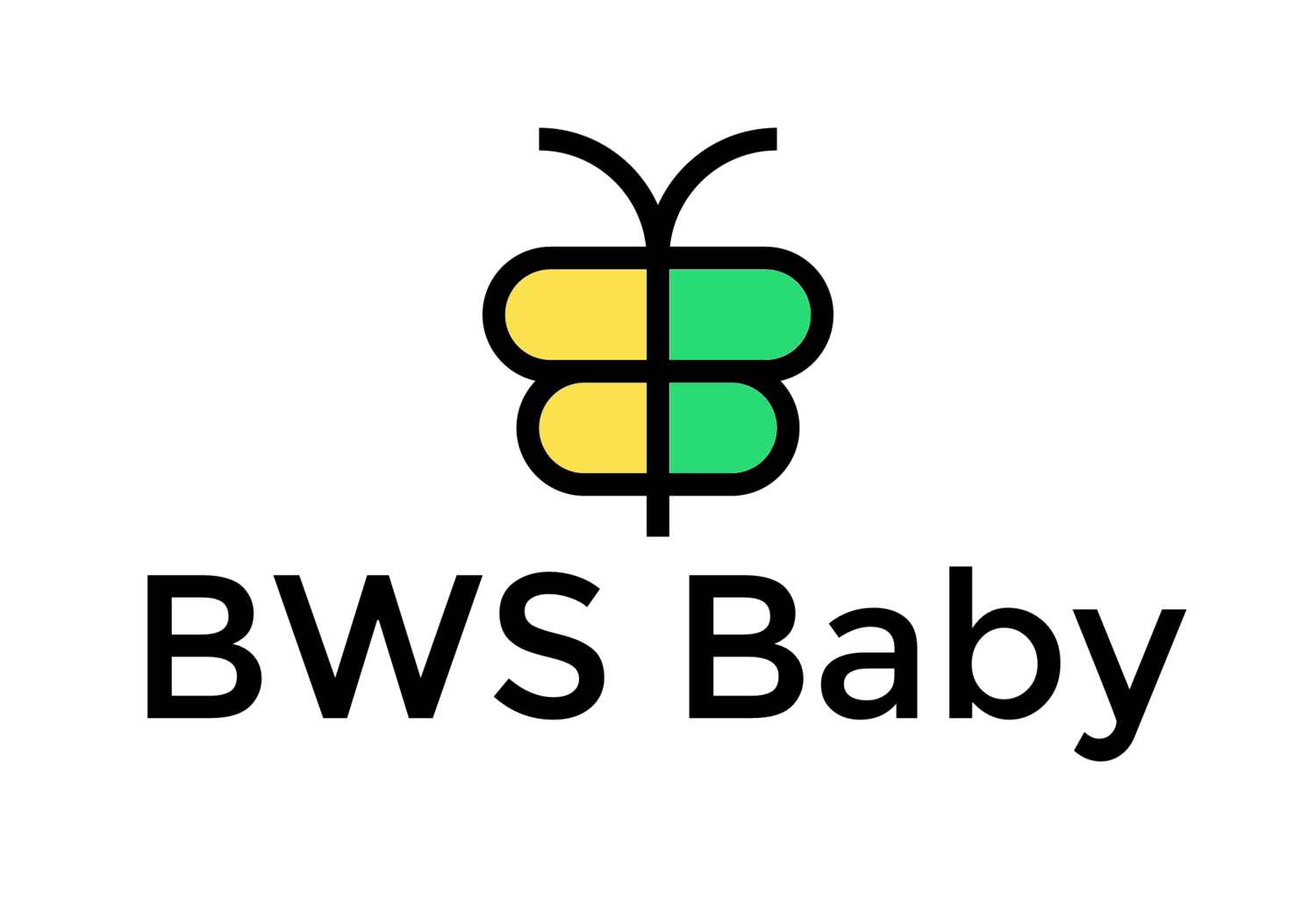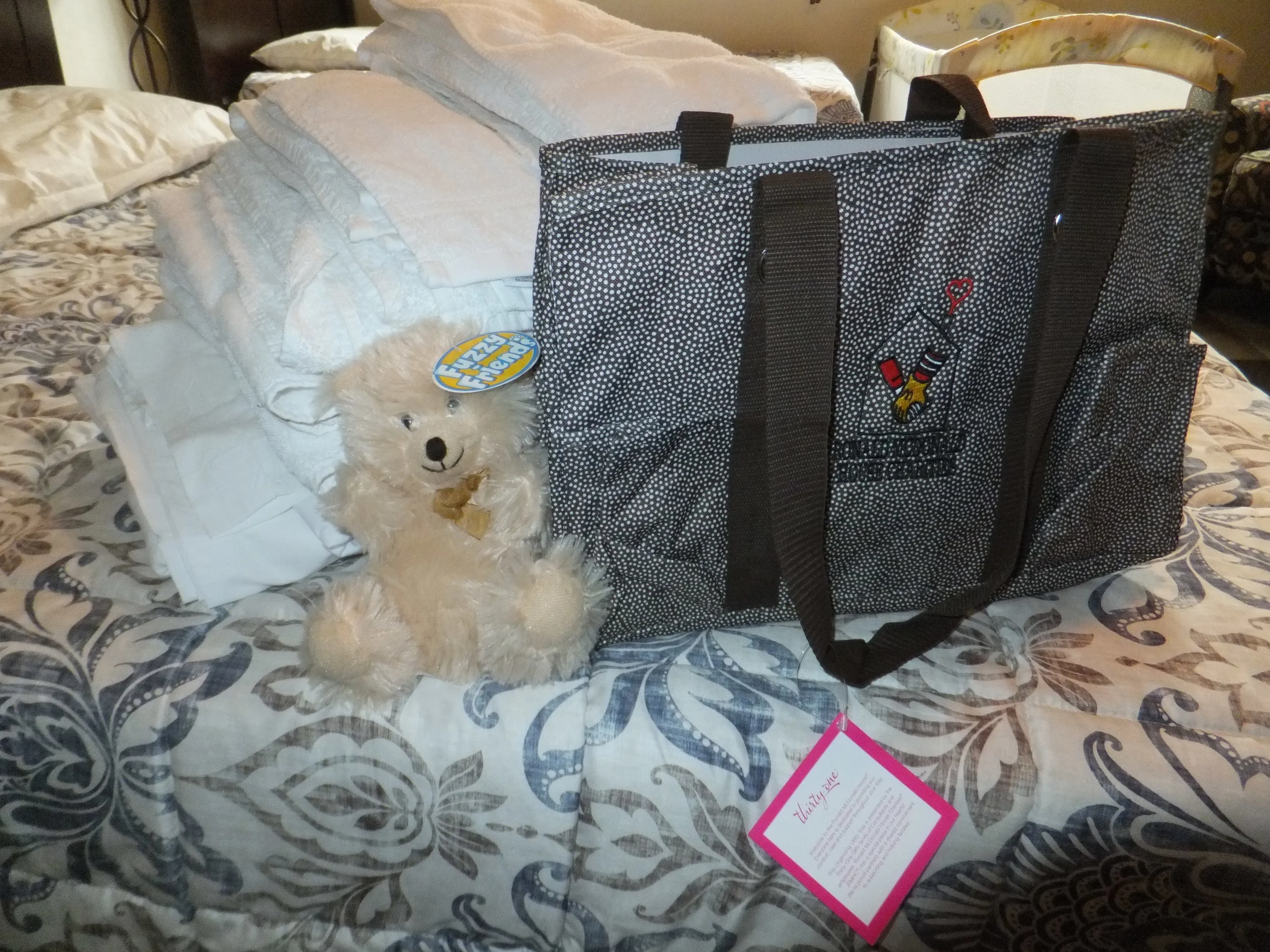We had our son's tongue reduction surgery done by Dr. Jeffery Marsh in St. Louis. The following webpage provides a list of commonly asked questions answered by Dr. Marsh regarding tongue reduction surgery.
Our Journey
It was a very tough decision for us to make, but in the end, we knew Jacob needed to have the surgery since his tongue was obstructing his airway. We took him to see a pediatric orthodontist who took measurements and sent them to the craniofacial surgeon. Jacob's jaw had already deformed from the tongue being so large, and he already had a 10mm anterior open bite and it was physically impossible for him to close his jaw. We knew if we didn't have the tongue reduction surgery now, he would eventually need jaw surgery as a child. You can read more about our journey through the tongue reduction surgery and see pre-op/post-op photographs, under the tab Jacob's Journey or A Day in the Life of BWS. The pages can be found by clicking the following links:
4 Year Tongue Reduction Surgery Update
What to bring?
I was a nervous wreck and barely slept the days leading up to his tongue reduction surgery, in fact I spent a few all-nighters creating this website, which helped me channel my stress into a more positive task. The best way for me to calm my nerves was to have everything ready and prepared for the surgery. Here are a list of items that you may find helpful to bring with you to the hospital.
1. Bibs!
The best bibs we were told to buy are Green Sprouts bibs. They seemed to work the best in keeping his shirt dry. When all of his Green Sprouts bibs were in the wash, we put on one of his regular bibs we used prior to surgery and his shirt was soaked in 20 minutes.
We didn't need too many bibs in the hospital since they provide a ton of burp cloths and towels, but I promise, you WILL need them post-op when you arrive home and the last thing you want to do is to have to run to the store for extra bibs or do laundry twice a day. There were some days where Jacob soaked through 3 to 4 bibs in an hour! We bought 2 packs of 10 bibs (20 total) and I still needed to do laundry about every other day, but now if the bib isn't too dirty, I just rinse and let it air dry so he can reuse it.
2. Favorite toy
We brought his top 3 favorite toys. It helped lift his spirits post-op when we put them in his hospital crib. He loves his snuggle monkey and nuzzled his face in his blankie as soon as he woke up post surgery.
3. Vicks baby vapor rub
A lot of families mentioned the horrible breath your little one might have post surgery. His breath was a little stinky, but not too bad until he started eating solid foods. I like the Vicks Baby Rub because it had all natural ingredients. Most parents mentioned they used it under their own nose/chest to help with the smell.
*Note: There have been a few incidents where babies/toddlers have an allergic reaction to Vicks vapor rub. Always consult your pediatrician prior to use.
4. Baby gas drops
Jacob swallowed a ton of air from the special bottle the hospital gave us to use after the tongue surgery. Not to mention all the air he swallowed from constantly crying. It was difficult enough having to deal with trying to feed him, being sleep deprived, and emotionally stressed. The last thing I needed, was a crying infant from having gas. I wish we had brought gas drops with us to the hospital; they would have been a life saver!
5. Children's Acetaminophen (tylenol)
The hospital will provide medication during your hospital stay, but since we were traveling by plane, we needed medicine after our discharge. It is not easy giving tylenol to your little one after the surgery, especially when the tongue is swollen. We would try to give him his medicine while we were feeding him in hopes that most of it would get swallowed with the milk rather than spit back out. I would suggest making sure you have a syringe or request one from the nurses before you leave the hospital.
The only acetaminophen that Jacob would tolerate was the Little Remedies brand in berry or grape flavor and it HAD to be the no dye type or he would start gagging and coughing it back up! So picky!
6. Large burp cloths or hand towels
We decided to bring dark blue hand towels which worked out great since they were larger than the average burp cloth and cheaper! It worked perfect for catching the extra bloody drool those first few days and they were very absorbent. We purchased a cheap brand from Target.
7. Clothes and socks
Old or dark clothes for you and your child. Make sure they are comfy too! We both enjoyed having socks because it was cold in our hospital room.
8. Entertainment
We downloaded apps on our phones which helped tremendously to keep Jacob distracted during feedings or check-ups. Oh and don't forget the charger! I would also suggest to bring yourself a book or magazine, because it can get quite lonely when they are sleeping during the day and I was too stressed to sleep.
9. Cash/coins
Our hospital required cash to pay for room service meals and coins were needed for vending machines.
10. Your child's regular every day feeding accessories
Bottles/nipples, beginner spoons, bowls, formula or breast pump.
11. MeadJohnson Squeeze Bottle
This is the bottle the hospital gave us to feed Jacob post surgery. It is meant for babies with a cleft palate, but the nurse explained the extra long nipple and ability to squeeze the bottle are the two main reasons they use the bottles for tongue reduction patients. The bottle leaks and creates a mess, but it was the only way we were able to get Jacob to eat.
Check with your hospital to see if they will provide these for you. If not, the bottles are available on the Enfamil website:
http://enfamil.mybigcommerce.com/accessories/bottles-and-nursers/
Most hospitals provide:
1. diapers and wipes
2. bottle brush
3. soap
4. blankets and pillows
5. burp cloths and towels
6. breast pump and accessories (if expressing milk)
7. hospital gowns for patient




